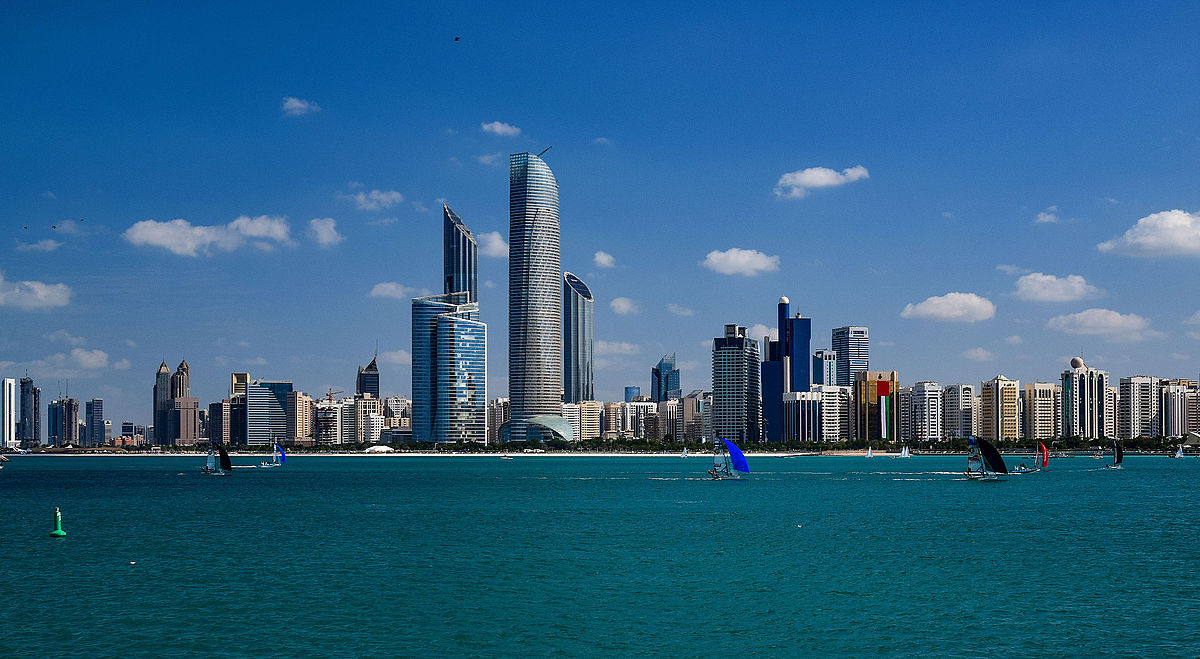
Abu Dhabi is intensifying its efforts to transition from a traditionally oil-dependent economy to a knowledge-based one, focusing on increasing its white-collar workforce and investing in advanced technologies such as vertical farming. This strategic move aims to diversify the emirate’s economic landscape and reduce reliance on blue-collar labor.
Recent data indicates that the number of white-collar workers in Abu Dhabi has grown by 109% since 2011, outpacing the 65% growth in blue-collar employment during the same period. This surge reflects the emirate’s deliberate policy shift towards sectors that require highly skilled professionals.
A senior official highlighted this strategic direction, stating, “We’re trying to reduce the blue-collar population, [although] we’re thankful for them… We’re looking for companies that have technologies that Abu Dhabi can really make use of; for example, the vertical-farming technologies.”
In line with this vision, Abu Dhabi has made significant investments in vertical farming, a method of growing crops in stacked layers, often incorporating controlled-environment agriculture. This approach addresses challenges such as limited arable land and water scarcity, which are prevalent in the region.
One notable initiative is the establishment of AeroFarms AgX, a 65,000-square-foot indoor vertical farm dedicated to research and development. This facility, supported by the Abu Dhabi Investment Office , is the largest of its kind globally and focuses on advancing sustainable agriculture in arid environments. The partnership aims to develop resilient crop varieties and innovative farming techniques suitable for the UAE’s climate.
David Rosenberg, co-founder and CEO of AeroFarms, emphasized the project’s significance: “AeroFarms AgX will enable us to bring our latest innovations to the region, addressing agriculture supply chain challenges and food security.”
The emirate’s commitment to technological advancement is further exemplified by collaborations with global tech giants. Microsoft and UAE-based AI firm G42 have announced the establishment of two new centers in Abu Dhabi, focusing on responsible artificial intelligence initiatives. This move aligns with the UAE’s ambition to become a global leader in AI, diversifying its economy and reducing dependence on oil revenues.
The first center will unite academic researchers and AI practitioners to develop best practices for responsible AI, while the second will focus on creating large language models for underrepresented languages. These centers aim to ensure the safe deployment of AI technologies, adhering to security assurances provided to both the U.S. and UAE governments.
Sheikh Tahnoun bin Zayed al Nahyan, the UAE’s national security adviser and chairman of several major investment entities, has been instrumental in steering the country’s focus towards AI and advanced technologies. Under his leadership, the UAE has made strategic investments, including a $1.5 billion partnership between Microsoft and G42, to bolster its position in the global AI landscape.
These initiatives are part of a broader strategy to attract financial services firms and technology companies to Abu Dhabi. Asset managers like Nuveen and PGIM have recently established offices in the emirate, signaling confidence in its growing financial hub. Nuveen’s head of EMEA, Fadi Khoury, noted that the decision was influenced by the concentration of major clients in Abu Dhabi, reflecting the city’s appeal as a burgeoning center for finance and technology.
The shift towards a knowledge-based economy is also evident in the broader UAE context. Dubai, for instance, has experienced a significant increase in white-collar employment, with the number of workers in the business and finance sector growing by half a million between 2018 and 2022. This growth is attributed to the emirate’s focus on economic diversification and infrastructure development, attracting new businesses across various industries.
However, the rise of artificial intelligence presents both opportunities and challenges for the white-collar workforce. A report by UAE-based recruitment firm Innovations Group indicates a downward trend in white-collar recruitment, partly due to the integration of AI technologies. The study suggests that while AI can enhance efficiency, it may also lead to the displacement of certain roles, underscoring the need for continuous skill development among professionals.
In the agricultural sector, vertical farming is gaining momentum across the UAE. The AgTech Park, an initiative by ADQ, has commenced its sustainable agriculture journey with a vertical farming project in partnership with ZERO, an Italian firm specializing in advanced farming technologies. This project aims to test and adapt breakthrough technologies under local climate conditions, transforming the nation’s food and agricultural landscape.



